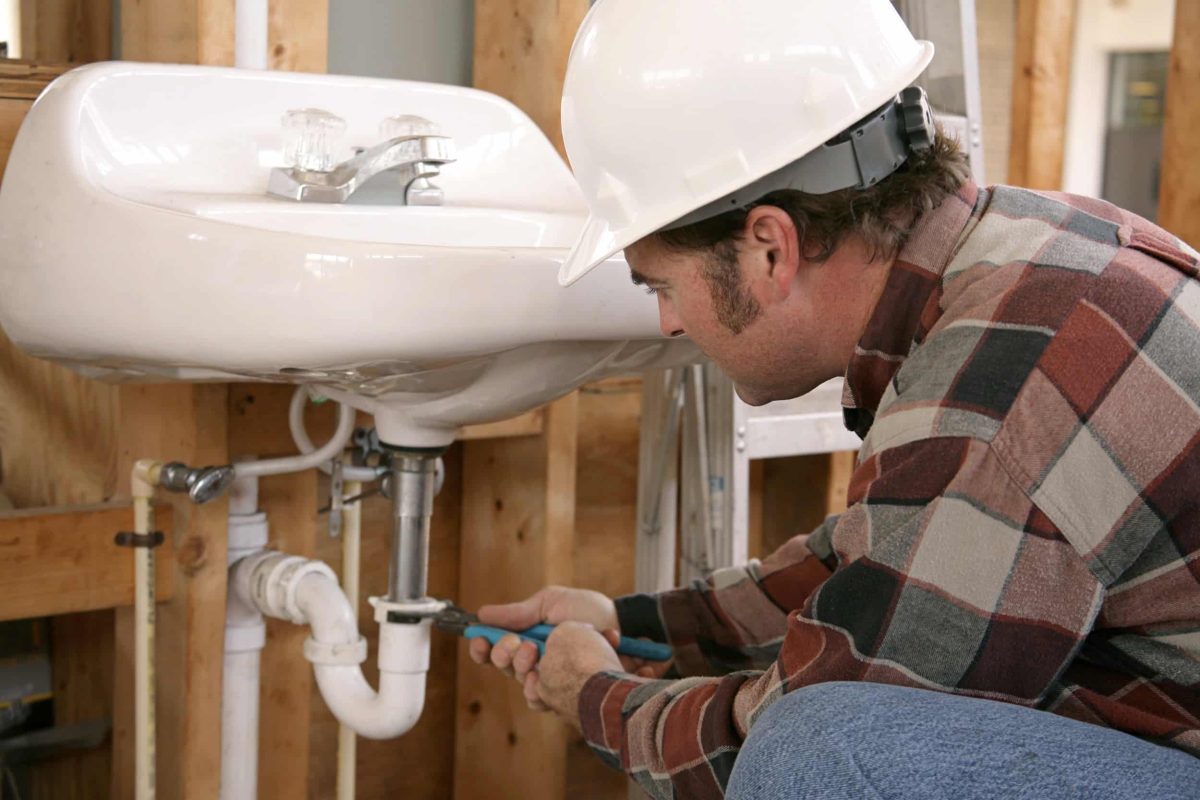How to Avoid Frozen Pipes

There are quite a few things homeowners need to worry about when the thermometer drops to frigid temperatures, a big one being frozen pipes. When the water in your pipes freezes, that puts them at risk of bursting, which then puts your home at risk of water damage. Burst pipes are one of the most common causes of property damage during frigid weather and can cost you thousands of dollars in water damage. The pipes most at risk of freezing are those in unheated interior spaces such as basements, attics, and garages. Pipes running through cabinets or exterior walls are also at risk. Here are some tips on preventing frozen pipes:
Keep the Heat On
The best thing you can do for your pipes is to keep them as warm as possible. Don’t set your thermostat back overnight during cold snaps – keep it at the same temperature you do during the day. If you leave for an extended period of time, keep your thermostat at 55 degrees or higher.
Allow the Faucet to Drip
Allow your faucets to drip cold water on the coldest days. The movement will make it harder for the water to freeze. Furthermore, allowing the faucet to be open like this relieves pressure in the system. If a pipe freezes, it’s actually the pressure created between the blockage and the faucet that causes a pipe to burst.
Seal Up Cracks and Holes
Seal gaps around holes where pipes run through walls or floors, especially where the hole is letting in cold air. Use caulk or spray foam insulation to fill the gaps. If possible, seal holes on both the interior and exterior side of wall or floor to keep cold air out and your pipes warm enough to prevent freezing.
Keep Interior Doors Open
Pipes are often located in cabinets, such as those beneath your kitchen and bathroom sinks. When the temperature drops, it is a good idea to keep these cabinet doors open so that the heat from the rest of the house can circulate into the cabinet space, keeping the pipes warm as well. If you store cleaning supplies or any other potentially hazardous chemicals in these cabinets and have young children or pets at home, make sure to move the products to a temporary location out of reach.

What do you do if you suspect your pipes have frozen? One of the earliest signs of a frozen pipe is when no water comes out of your faucet when you turn it on. After making sure your water is still turned on and that you don’t have a leak, call your plumber immediately. A plumber should be able to safely thaw your frozen pipes.
If you’re unsure what’s covered in your home insurance policy and whether you’re protected from water damage from burst pipes, Foy Agency
can help. We are an insurance agency with more than 60 years of experience offering peace of mind to many Northern New York homeowners. Contact us today!
